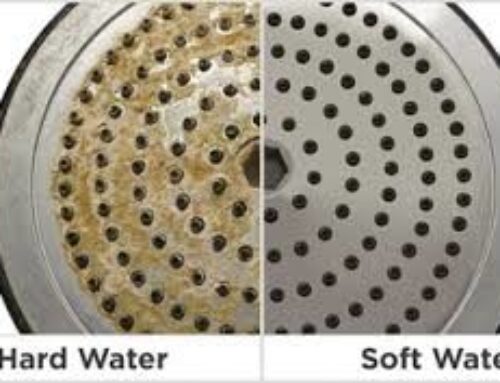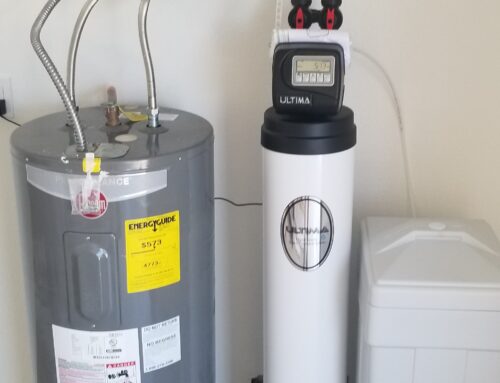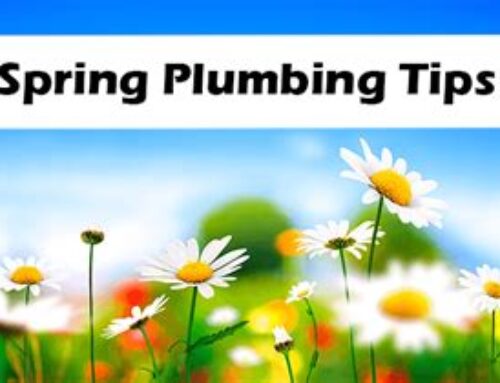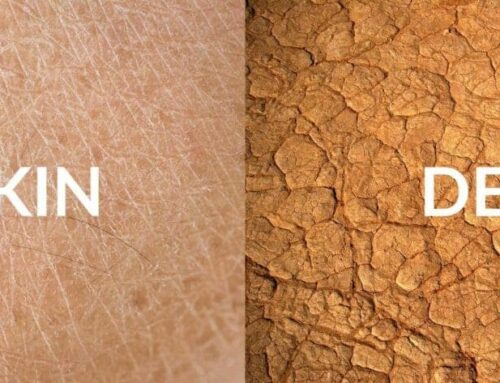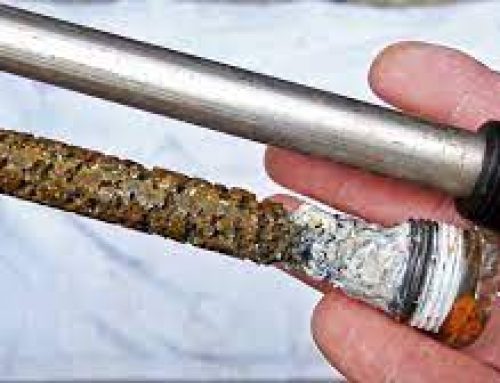A water softener is a device that is much needed for a lot of households across the globe. It all comes 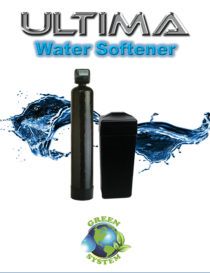 down to the type of water which a family uses. Municipal water supplies, in general, contain a number of minerals that render water to be “hard”. This type of water contains large amounts of dissolved calcium, magnesium, iron, and a number of other particles. What’s bad about hard water? This leads to a number of domestic inconveniences and often some diseases. Hard water forces you into conducting more and thorough maintenance of your faucets and pipes. Listed below are some of the main problems caused by hard water.
down to the type of water which a family uses. Municipal water supplies, in general, contain a number of minerals that render water to be “hard”. This type of water contains large amounts of dissolved calcium, magnesium, iron, and a number of other particles. What’s bad about hard water? This leads to a number of domestic inconveniences and often some diseases. Hard water forces you into conducting more and thorough maintenance of your faucets and pipes. Listed below are some of the main problems caused by hard water.
- Traces on your dishes and faucets – you will definitely see some soap scum on your dishes and your bathroom fixtures. On whatever surface you let the water dry out on, it will leave behind a cloudy film.
- Your skin will feel it also – hard water will make your skin feel a little bit drier and itchy. Soft water will prevent all this
- There will be buildup in your pipes – the mineral substances in water are the main reason why you see some lime scale inside your pipes or showerheads. This also goes for appliances that can be pretty sensitive to hard water. This buildup leads to significant deterioration of the whole water-related infrastructure of your home.
- Water heaters are threatened as well – hard water is one of the main causes of lower efficiency of the heating elements and it might significantly damage many of the components unless timely maintenance is administered.
- Corrosion and rust may also occur
- Soap and shampoos are not as foamy – hard water can significantly reduce the lather of all hygiene supplies. They will not be as effective and you will notice less foam.
- Laundry won’t be as visually pleasing – clothes often feel stiffer after being washed with hard water. They will not be as vibrant and there’s a chance you will see whitish spots on them.
Features To Keep In Mind
Here are some key details regarding the most popular components and specs of water softeners which should give you a better idea of what to look for and how to most adequately address your particular needs.
Capacity
If you have decided to go with a salt softener then the resin capacity is your main focus. You will need to find out how much water on average you would use. This usually depends on the number of family members. The larger the capacity, the less frequently the softener will need to regenerate. The grain capacity may vary with the lowest typically starting from 16,000. Some units may even reach 96,000 and when you have a dual-tank softener this is quite the capacity.
There aren’t many different types of resin although some softeners are good for well water with iron. Capacity is also related to the brine tank. If your media tank houses a lot of resin, then the salt needed for it will also be more than usual.
A Bypass Valve
Another important component is the bypass valve. It allows the water to bypass the actual softener. This can be useful on numerous occasions such as filling a pool with water – activities for which you do not need softened water. It is imperative that the valve is easy to find and easy to operate. The valve will usually have two red arrows – you point them towards each other the water stops going through the softener.
The Regeneration Setting
Something else you want to realize is whether you want a metered water softener or a timed one. With the metered system, the resin will regenerate after a certain amount of water has been used. You decide on the number. With a timed softening system, the device will regenerate every few days based on the prognosis of how much water you would use.
The downside here is that if you use more water than planned prior to the regeneration, you will likely run out of soft water. Another drawback is that even if you aren’t at home over an extended period of time, the softener will still regenerate and use water and salt. A metered softener will regenerate only when it has to.


